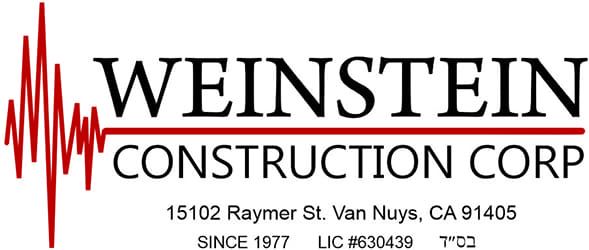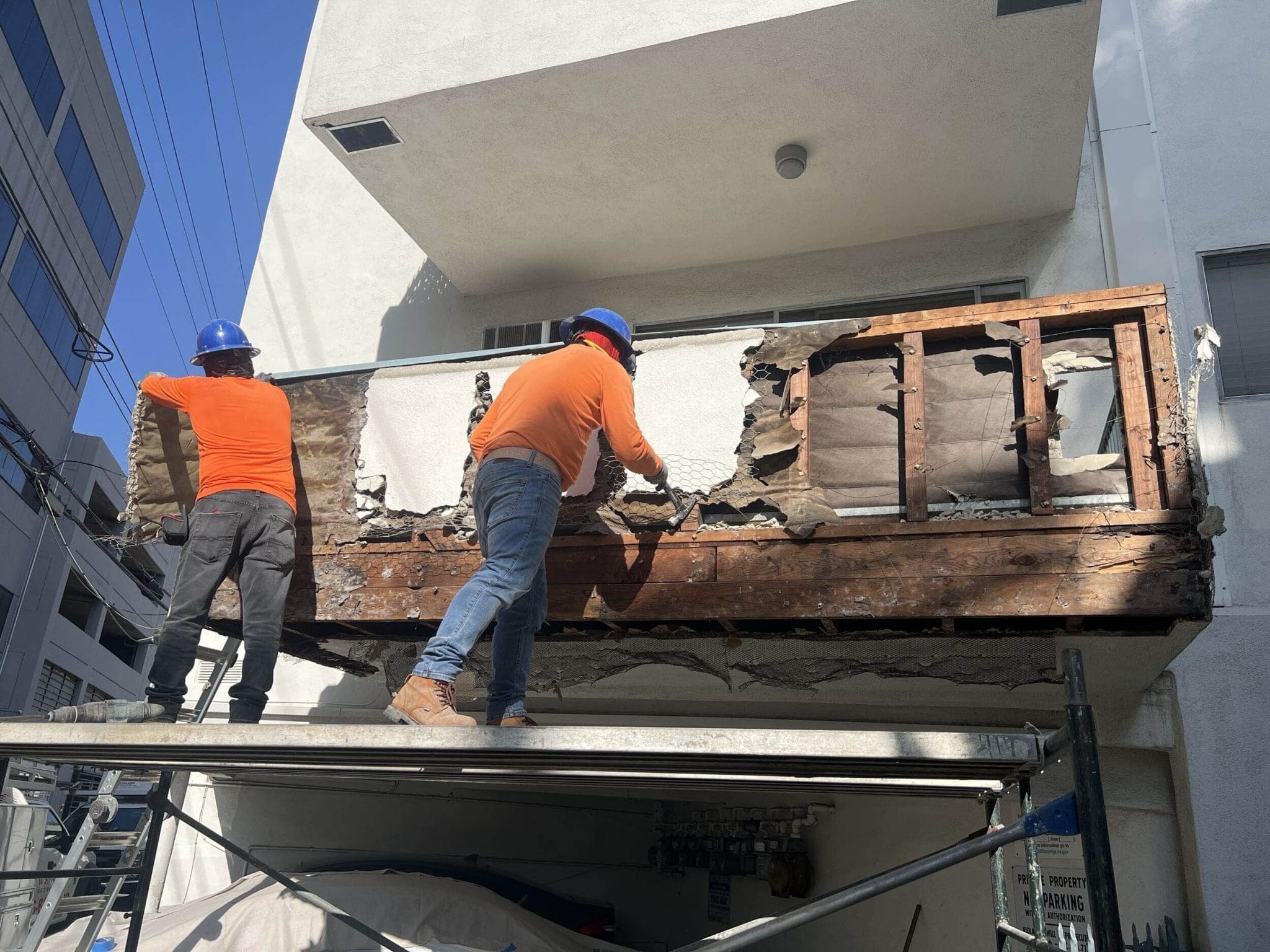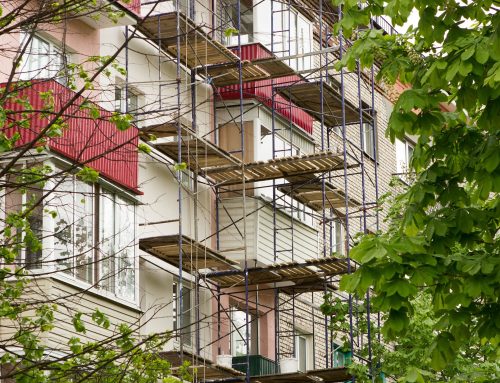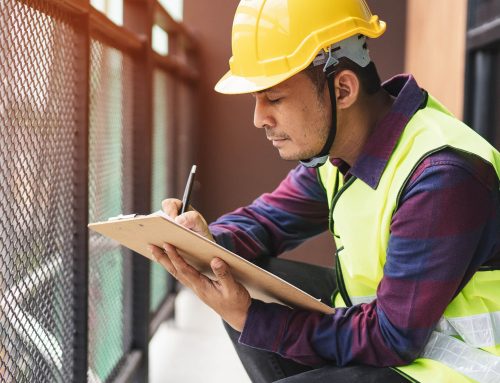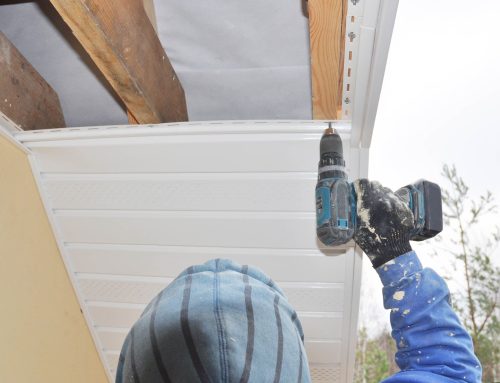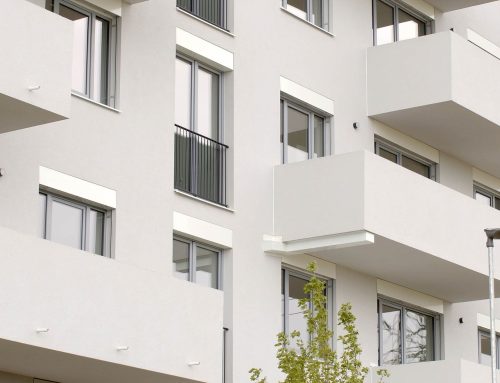Balcony Inspection and Repair Legal requirements and liability concerns
The State of California has rolled out two new mandatory Balcony Inspection Laws, which were passed by the legislature in 2018 and 2019 in response to the deaths of six UC Berkeley students and the injuries of seven others during the 2015 collapse of a balcony the students were standing on during a birthday party. Legislators determined that these injuries and deaths could have been prevented, if the apartment complex’s balconies were inspected, with poor condition balconies repaired promptly.
The first law is California SB 721, and the second is California SB 326. It is important to note that SB 721 relates to commercial multi-family residential apartment buildings, and that the second, SB 326, relates to condominiums or multi-family housing that is controlled by a residential home owners’ association.
Complying with SB 721 and SB 326 is important for saving lives and livelihoods. This is because the liability that can attach to injuries from faulty, substandard, or damaged balconies and other “Exterior Elevated Elements” (EEE) (e.g., decks, porches, stairways, walkways, etc.) cannot be understated. It is believed that an investigation of the property where the Berkeley students were injured and killed yielded evidence that dry rot from improper construction caused the balcony to collapse. In the aftermath of the accident, the property owner and the contractor who built the balconies are both said to have settled multiple lawsuits for undisclosed amounts, which were estimated to be in the multi-millions of dollars.
EEE and Balcony Inspection Schedules
Under SB 721, property owners have until January 1, 2026, to complete the first inspection, and thereafter must complete an inspection every 6 years or less. These inspections must be performed only by a licensed architect, civil or structural engineer, or a building contractor holding specific licenses (e.g., a B General Contractor or C5 Framing).
Under SB 326, homeowner associations have until January 1, 2026, to complete their first inspection, and must have an inspection every 9 years or less, thereafter. Unlike SB 721, which allows building contractors, licensed architects, or structural/civil engineers to make inspections, SB 326 only permits a licensed architect or structural/civil engineer to inspect (note that SB 326 was amended by AB-2114 to additionally authorize a civil engineer to conduct the inspection, and AB-2114 was signed into law, and took immediate effect, on July 15, 2024). Note that homeowner associations may also need to hire a statistician in order to calculate the number of EEE that should be inspected, as the law requires a statistically-relevant sample size to be drawn. Learn more about the California Balcony Inspections and Repairs.
The new California Assembly Bill 2579 (approved on September 28, 2024) which extended the deadline for the initial inspection until January 1, 2026, also mandates that:
- A new inspection is not required until January 1, 2026, if the property was inspected between January 1, 2016, and January 1, 2019. Thereafter, a new inspection is required every six years.
- If an adequate inspection was conducted between January 1, 2019, and the present time, a re-inspection is not required, until six years after the date of the inspection report, and thereafter, every six years.
If you are not sure whether or not your commercial property is subject to the new Balcony Law requirements, review our “Decision Tree” which will provide you with important advice on the subject!
EEE and Balcony Repair Schedules
Under SB 721, when an inspector finds an immediate threat to the safety of the building (e.g., dry rot, rust, corrosion, cracking, etc.), such a threat must be reported to the property’s local enforcement agency within 15 days. In such a case, the property owner will have 15 to 120 days to conduct repairs (however, note that immediate threats to life must be repaired urgently).
Under SB 326, emergency repairs must be undertaken immediately, but if no urgent safety concerns are seen, the law does not provide a timeline for conducting repairs. Note, however, that as we approach the inspection deadline, the number of buildings slated to be repaired will undoubtedly rise, which will cause repair costs to rise as well! This is why smart property owners will have their properties inspected now, to benefit from flexibility in scheduling, lower inspection costs, and lower balcony repair costs!
Property owners qualify for a free “Balcony Law” consultation!
Don’t delay! As we approach the inspection deadline, the limited number of Los Angeles inspectors, engineers, and qualified contractors will be struggling to cope with inspecting and repairing thousands of apartment and condo buildings! This means inspection fees and construction costs will gradually soar, the closer you get to the inspection deadline!
Having your building inspected earlier means benefiting from more flexibility in scheduling an inspection, as well as lower costs for the balcony inspection and remediation, if required. Call Weinstein Construction today at (866) 623-5788 to schedule your free “Balcony Law” consultation – take advantage of lower prices today and get help in planning for this important and mandatory inspection program!
